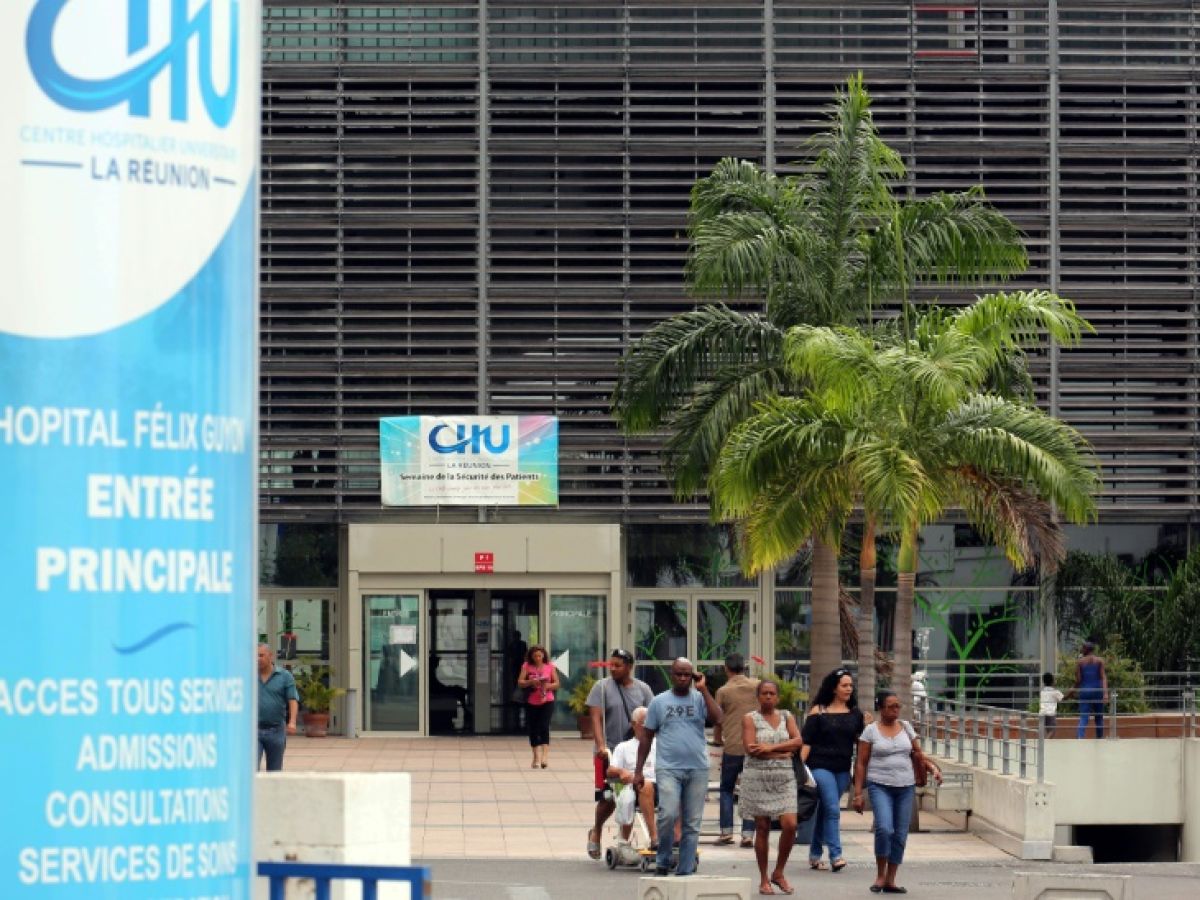Six deaths linked to chikungunya have been recorded since the beginning of the year in Réunion, according to health authorities, who note the beginning of a decline in the epidemic on the island, where more than 100,000 people may have been infected.
"Since the beginning of the year, six deaths occurring between weeks 11 and 13 (from March 10 to 30, editor's note) in people over 70 years old with comorbidities have been classified as linked to chikungunya," Public Health France (SpF) indicated in its weekly epidemiological surveillance bulletin.
"The epidemic is still ongoing with 4,913 confirmed cases" for the week of March 31 to April 6, compared to nearly 6,300 the previous week, but consultations in general medicine and visits to emergency rooms "are beginning to decline," notes SpF.
Public Health France, however, urges caution. "An additional two weeks of observation is needed to confirm whether the epidemic has peaked," it said.
Since the beginning of the year, more than 33,000 cases have been confirmed, but the actual number is believed to be much higher, as many patients do not get tested.
According to the director of the Regional Health Agency (ARS) of Réunion, Gérard Cottelon, "more than 100,000" people could have been affected on the Indian Ocean island, which has a population of 900,000.
– The vaccine to “avoid serious cases” –
Since the outbreak resumed in August 2024, 224 hospitalizations lasting more than 24 hours have been recorded on the island. Among these cases, a quarter of the patients were under six months old, and 461 were over 65 years old, according to SpF, which added that 41 "serious cases" were recorded.
The southern region of the island, the most affected by the epidemic, is however showing signs of respite: activity in the emergency department at the CHU Sud has fallen by 22%, even though these still represent the majority of emergency department visits.
In response to the epidemic, a vaccination campaign was launched on April 7 by the Minister for Overseas Territories, Manuel Valls, during a trip to Réunion.
The first 40,000 doses of Valneva's Ixchiq vaccine, the first vaccine to receive marketing authorization in Europe, are intended for people aged 65 and over with comorbidities, who can be vaccinated free of charge.
Given its late start compared to the progress of the epidemic, "the current vaccination campaign will not play the role of stopping transmission" but "will prevent serious cases," Patrick Mavingui, CNRS research director, told AFP.
Olivier Schwartz, head of the Virus and Immunity Unit at the Pasteur Institute, said during a press conference on Tuesday that "models tend to show that the epidemic peak will be reached in the coming days." Initially, health authorities had predicted an immunity peak for mid-April.
Before this epidemic, which began in August 2024 but exploded in 2025, no cases of chikungunya had been reported in Réunion since 2010.
Although it is considered "generalized and major" by SpF, the current epidemic has a lesser health impact than during the major epidemic of 2005-2006.
"In 2005, 266,000 people, or 401% of the population, were affected. There were more than 250 deaths and around forty maternal transmissions of the virus," recalled Anna-Bella Failloux, head of Pasteur's arbovirus unit, who was part of the task force sent to the island at the time.

